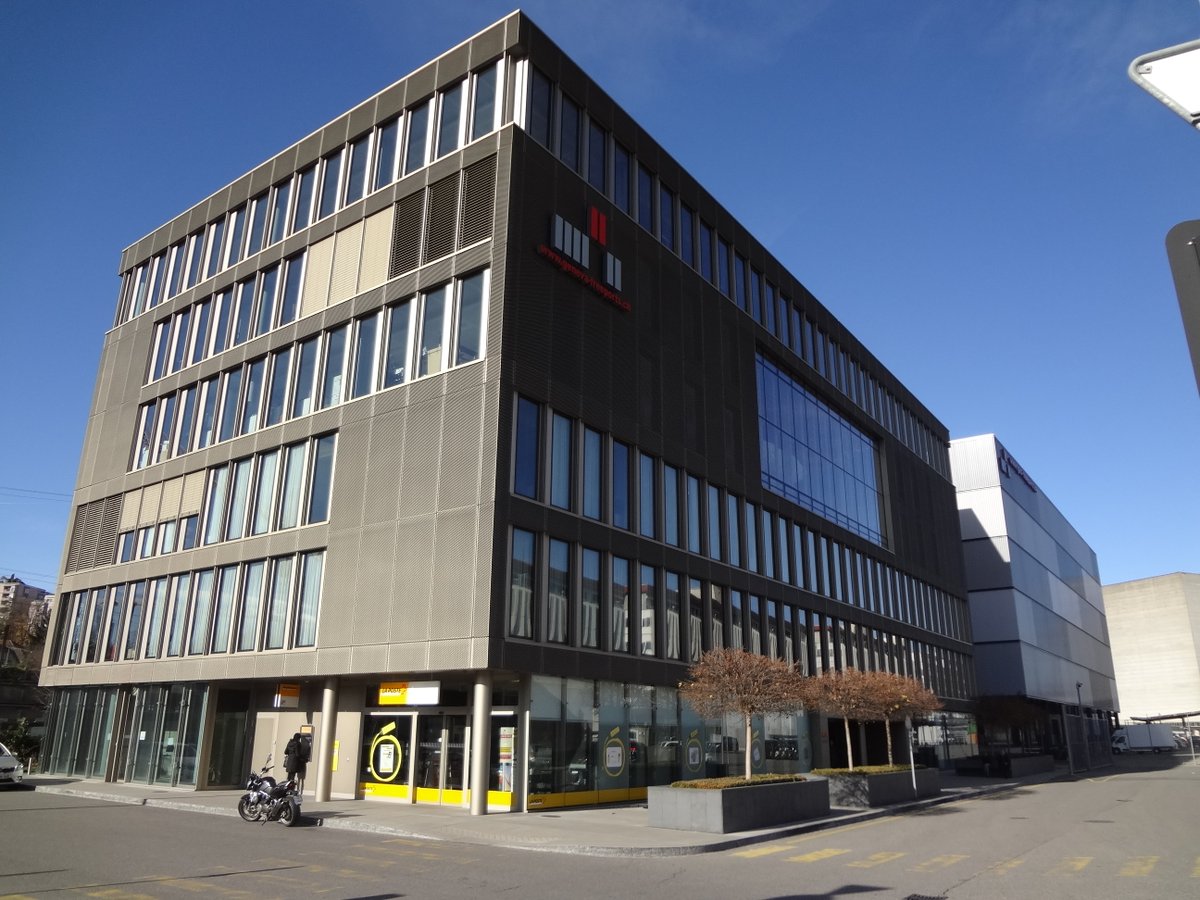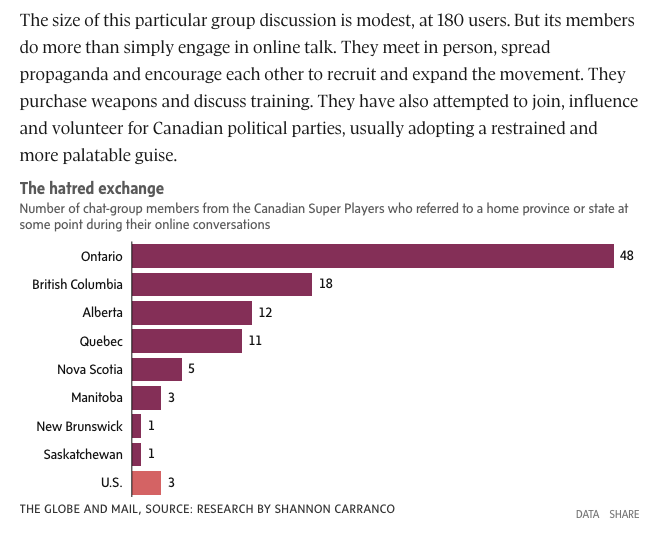
Quick lesson on “ghetto taxes.”
This is the phenomenon where people with less income actually pay more for the same things rich people do.
<thread> 🧵 👇
This is the phenomenon where people with less income actually pay more for the same things rich people do.
<thread> 🧵 👇
2/ The biggest one is lending IMO. How are interest rates determined?
By credit score.
How do you get a better credit score? By borrowing more, and paying it off.
How do you borrow more? Make more money.
On a mortgage, this means poor people pay thousands more in interest.
By credit score.
How do you get a better credit score? By borrowing more, and paying it off.
How do you borrow more? Make more money.
On a mortgage, this means poor people pay thousands more in interest.
3/ Groceries is another huge one. Since wealthier households can afford larger bulk buys (Costco-style), they average down on costs.
Example, people on tight budgets may not be able to buy a year of toilet paper at once, and thus may pay 4x more for the same supply over time.
Example, people on tight budgets may not be able to buy a year of toilet paper at once, and thus may pay 4x more for the same supply over time.
4/ There’s dozens of examples. The point is, being poor is expensive. More expensive than rich folks can typically understand, due to a different experience.
“Poor people must be wasting their money!”
Actually, rich people just don’t understand how expensive it is to be poor.
“Poor people must be wasting their money!”
Actually, rich people just don’t understand how expensive it is to be poor.
• • •
Missing some Tweet in this thread? You can try to
force a refresh




